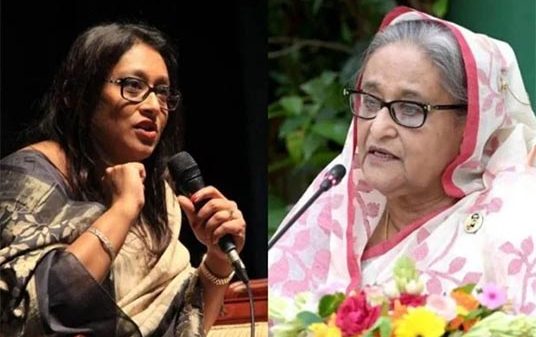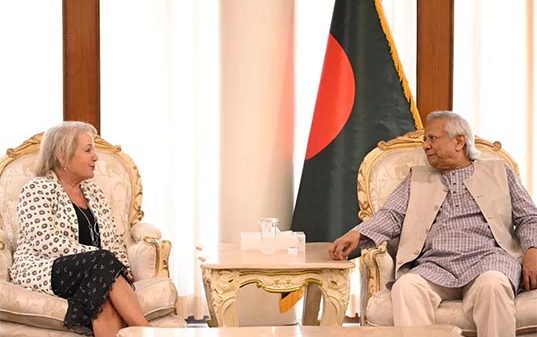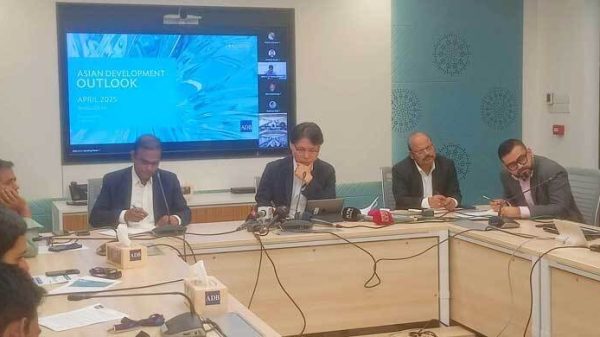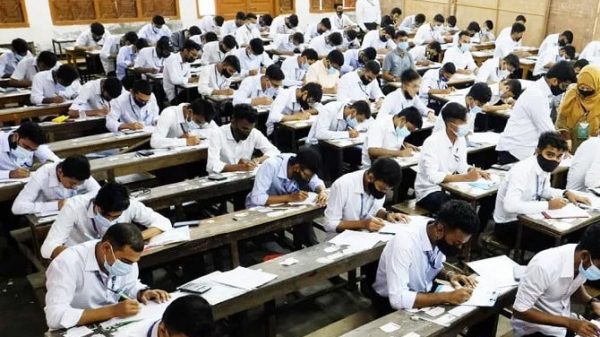ADB stresses need for better resource allocation for the elderly in Bangladesh

- Update Time : Thursday, 2 May, 2024, 03:23 pm
- 80 Time View
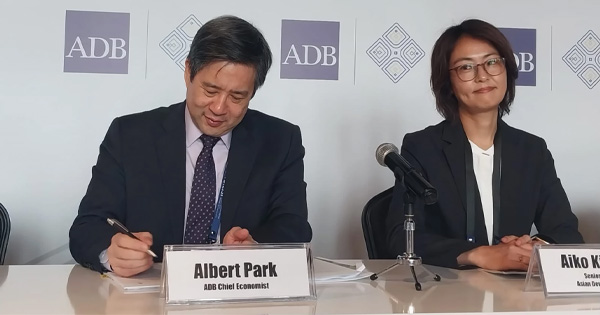
Online Desk: The Asian Development Bank (ADB) has said that old age allowance is not adequately meeting the needs of the poorest of the poor in Bangladesh, and more resource allocation is required.
“We did a survey in Bangladesh quite recently. One key critical issue that Bangladesh has to address is that the old age allowance is not meeting the [needs of] poorest of the poor. The coverage is still below 50 percent,” Senior ADB Economist Aiko Kikkawa told UNB while responding to a question during a media briefing on Thursday.
Acknowledging that Bangladesh is in the right direction to address the issue, the author of the report “Aging Well in Asia: Asian Development Policy Report,” released on Thursday by the ADB at its 57th annual meeting, said the government of Bangladesh can do a bit more to improve that. “That is exactly what they are doing, I think.”
The Bangladesh government, the ADB economist said, probably has to find better ways to target and identify the poor, so that they will be able to distribute those funds.
“Currently we have also identified that resources are not enough to meet the demand for the older people. So resource allocation has to be done well,” she said.
The economist noted that different governments have different programs.
ADB’s Chief Economist Albert Park said, “We need good data to analyze all of these questions to understand different circumstances.”
Developing Asia is aging rapidly, reflecting its success, but the region remains unprepared to secure old-age well-being, ADB said.
Challenges for older Asians include a growing burden of lifestyle diseases, a lack of decent jobs, limited access to essential services such as health and long-term care, low pension coverage, and increasing isolation and loneliness.
The gender dimension of aging needs greater attention. Policies must address the increased vulnerability of older women while meeting the unmet needs of all women to age well.
Comprehensive aging policies can foster lifetime investment in one’s own health, education, skills, financial preparedness for retirement, and family and social ties will foster healthy and productive cohorts of older people and maximize their contribution to economy and society, ADB said.
Early investment is key for Asia to harness its silver dividend, said the ADB economists.
The number of people aged 60 and older in developing Asia and the Pacific is set to nearly double by 2050 to 1.2 billion—or about a quarter of the total population—significantly increasing the need for pension and welfare programs as well as health care services, said the new report.
At the same time, economies have an opportunity to reap a “silver dividend” in the form of additional productivity from older people, which could boost gross domestic product in the region by 0.9% on average, said the Asian Development Bank (ADB).
“Asia and the Pacific’s rapid development is a success story, but it’s also fueling a huge demographic shift, and the pressure is rising,” said ADB Chief Economist Albert Park.
“Governments need to prepare now if they’re going to be able to help hundreds of millions of people in the region age well. Policies should support lifetime investment in health, education, skills, and financial preparedness for retirement,” he said, adding that family and social ties are also important to foster healthy and productive populations of older people and maximize their contribution to society.”
Developing Asia and the Pacific is unprepared to secure the well-being of its rapidly aging population as the growing share of older people in the region faces challenges from low pension coverage to health problems, social isolation, and limited access to essential services, according to the multilateral development bank.
While longer lifespans reflect the region’s development success, comprehensive policy reforms are urgently needed to support the welfare of older people, according to “Aging Well in Asia: Asian Development Policy Report.”
According to the report, 40% of people over age 60 in Asia and the Pacific lack access to any form of pension—with women disproportionately affected, as they are more likely to do unpaid domestic work.
As a result, many older people in the region have no choice but to work well beyond retirement age to survive.
Among those still working at age 65 or older, 94% work in the informal sector, which typically doesn’t provide basic labor protections or pension benefits.
Physical and mental health challenges also increase with age.
Around 60% of older people in Asia and the Pacific do not attend or receive regular health checks, while 31% report depressive symptoms owing to illness, social isolation, and economic insecurity.
Older women in the region are also more likely than older men to suffer from ill health, from depression to diabetes and hypertension.
The report recommended a wide range of policy measures to support healthy and economically secure aging.
Among these are government-assisted health insurance and pension plans, improved health infrastructure, and free annual check-ups and lifestyle evaluations.
Policy makers should aim for universal health care coverage, while basic labor protections should be extended to older informal workers, according to the report.
By making mandatory retirement ages more flexible, helping older people stay healthy, and providing them with suitable work opportunities as well as lifelong learning and skills development, economies in the region can help older people stay productive longer.



